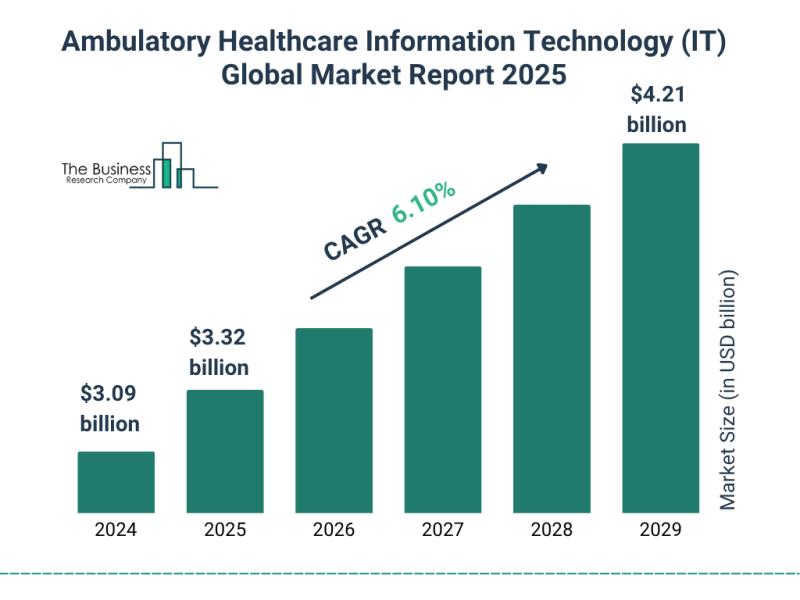How pet healthcare became better than ours

Her question is a poignant one. Ask any of Britain’s 16.2 million animal-owners and – aside from gripes about inflated vet fees, more of which later – they’ll say the same: our pets seem to get better healthcare than we do.
The picture in the human world is a bleak one right now. NHS waiting lists are longer than ever, with almost eight million of us currently awaiting hospital treatment, and reports that the national 18-week waiting-time target hasn’t been met since 2016. It’s not just waiting time. This weekend, doctors complained about the use of “physician associates” (PAs) to plug holes in the NHS workforce after it emerged more stringent standards of medical training were being required to perform surgery on animals than humans.
While it is illegal for unqualified veterinary staff to conduct surgery on animals, unregulated PAs, who do not have medical qualifications, are being given surgical training to work in NHS theatres. One consultant, Dr Roddy Neilson, at the Forth Valley Royal Hospital in Scotland, said, “It begs the question why animals are afforded more protection in terms of who treats them than humans.”
Comparisons of care are, of course, not perfect. There is no pet NHS: if you want your canine companion to be treated by a vet, beyond basic pain relief, you’ve got to have insurance, which – depending on your policy – costs about £271 a year and can cover up to £18,000 in medical fees.
But as a result, there’s plenty of money sloshing around the system. So much so, in fact, that last month, the Competition and Markets Authority called for an urgent review of the £2 billion vet industry to combat “eye-watering bills” that leave cash-strapped owners with no choice but to pay.
Experts say that, for the most part, vets’ fees are justified. “They’re proportionate to the service they provide, whether that’s the skills and advice they share, the high standard and speed of care, or the immeasurable compassion and commitment of the team offering it,” says Dr Jo Lewis, cat expert and author of What’s My Cat Thinking?
The big difference between pet and human healthcare is the focus in the animal world on prevention. “Veterinary healthcare is different from the care we get at our local GP or NHS hospital – it’s heavily invested in being proactive,” says Dr Lewis. “Whereas the NHS feels more reactive and focused on ‘fire-fighting’.”
The statistics in the animal world are certainly impressive. Take Felix or Fido to the vet for a CT scan and it’ll happen the same day; human waiting times are about six weeks.
To fix a cruciate ligament rupture in the knee, they’ll wait no more than four weeks (some vets promise same-day surgery); humans have to endure 18 months.
For cataracts, animals will wait two weeks; humans an average of nine months – or, in some parts of the UK, up to four years.
Even with a disease as grave as cancer, the timelines are incomparable: your pet will get treatment within weeks, while humans can wait months.
link







